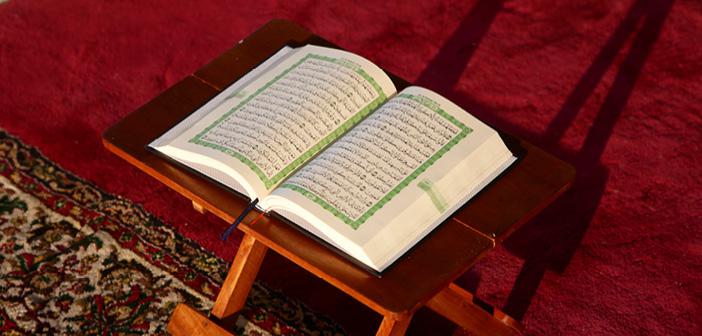
What Is Worship? Why Do We Worship? | WORSHIP
What is worship? Why do we worship? How many types of worship are there? Explain the degrees of worship. Explain the benefits of worship.
Topics:
- What is worship and why do we worship?
- The types of worship
- The degrees and benefits of worship
WHAT IS WORSHIP?
Worship is to show honor and respect to Allah and fulfil a debt of gratitude for the countless blessings that He has given to us.
WHY DO WE WORSHIP?
Allah has created us out of nothing. He is the source of our life. Allah the Almighty has equipped our bodies with perfect organs such as eyes to see, ears to hear and tongue to speak. He has elevated us to a loftier state being eminent amongst creations and being distinctive from other living things by granting us wisdom. Aside from this, He has provided us with countless blessings such as the air that we breathe and water that we drink in order to live.
Moreover, He did not leave us alone; He sent us prophets and books showing the path to happiness in this world and the Hereafter. For all this goodness, Allah has wanted us to recognize Him and worship Him. Let us think, we respect and thank our elders when we see goodness from them. If they give us a duty, we do it lovingly, do we not?
If that is the case, is it not necessary to give thanks to Allah the Almighty and perform lovingly the worship that He commanded? It is necessary, it is Allah who created us out of nothing and provided us with countless blessings.
The purpose of our creation is to recognize and worship Allah. By performing our duties of worship, we fulfil our debt of gratitude to the blessings provided and attain His love. If we perform our duties of worship to Allah and attain His love, then He will provide much more worldly blessings in the Hereafter and allow us to attain endless happiness in paradise.
THE TYPES OF WORSHIP
There are three kinds of worship:
1) Worships performed with the body: such as performing prayer and fasting.
Muslims must perform all acts of worship with the body by themselves. It is not lawful to appoint an agent on your behalf. A person cannot perform prayer or fast on behalf of another person.
2) Worships performed with wealth: such as giving zakat or sacrificing a qurban. A person can appoint an agent for worship performed with one’s wealth.
3) Worships performed with both body and wealth: The pilgrimage is an act of worship like this.
Even though they have money to perform the pilgrimage, those who cannot perform it due to disability, illness or old age can appoint another person as an agent.
THE DEGREES OF WORSHIP
Worship is performed with three thoughts:
1) To Allah: As the only being worthy of worship and respect.
This is the highest degree of worship that is performed for fulfilling Allah’s command without expecting a return.
2) Worships performed with the hope of entering paradise or fear of hell.
A person performing worship with this thought in mind would fulfil Allah’s command. However, a person should not perform worship thinking of benefit but only for the sake of Allah.
3) To achieve a benefit in this world with the intention of worshipping for showing off.
This is the lowest degree of worship. It is not even correct to call this worship because there is no value in any worship not performed for Allah.
THE BENEFITS OF WORSHIP
Just like the body, our souls also require nourishment. Faith and worship are the nourishments of the soul. Worship strenghtens our morality, keeps us away from evil, matures our morality and protects our faith, so it is our most valuable asset.
There are times when people encounter various problems in life and when they are in a state of hopelessness and depression. In such situations, people can take refuge in worship. People come closer to Allah as a result of worship. They take refuge in His mercy and attain tranquility. Just as worship has benefits for our spirits, it also has many benefits for our bodies.
A person who performs prayer must make wudu (ablution). To make wudu means to be cleansed a few times a day. We all know how useful cleanliness is for our health.
It is true that particular movements performed whilst performing prayer and the resting of the digestive system and some organs whilst fasting provide an important benefit to the health. There are many benefits from the worship of zakat for society from a social welfare perspective.
Source: Presidency Of Religious Affairs The Turkey, Basics of Islam, Seyfettin Yazıcı











